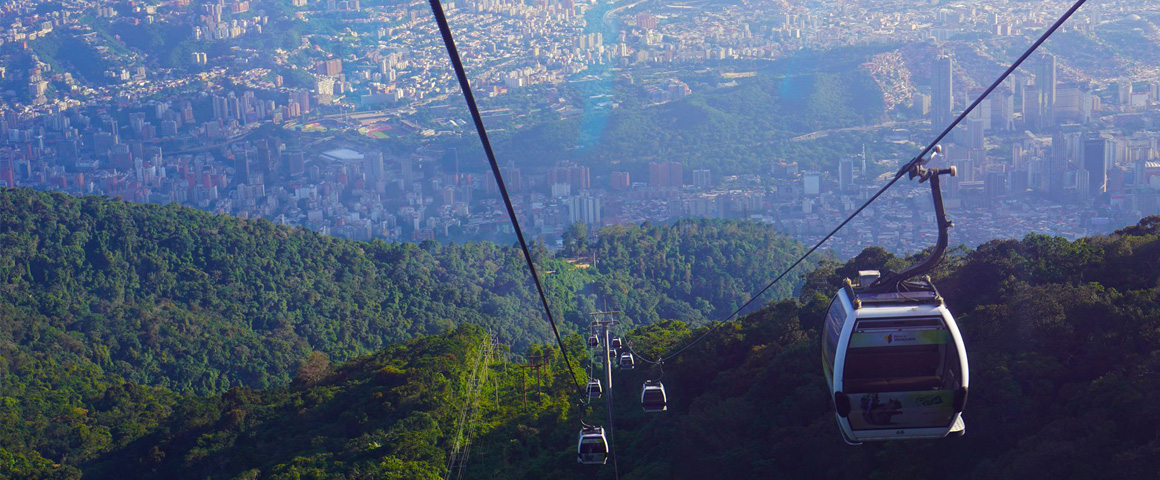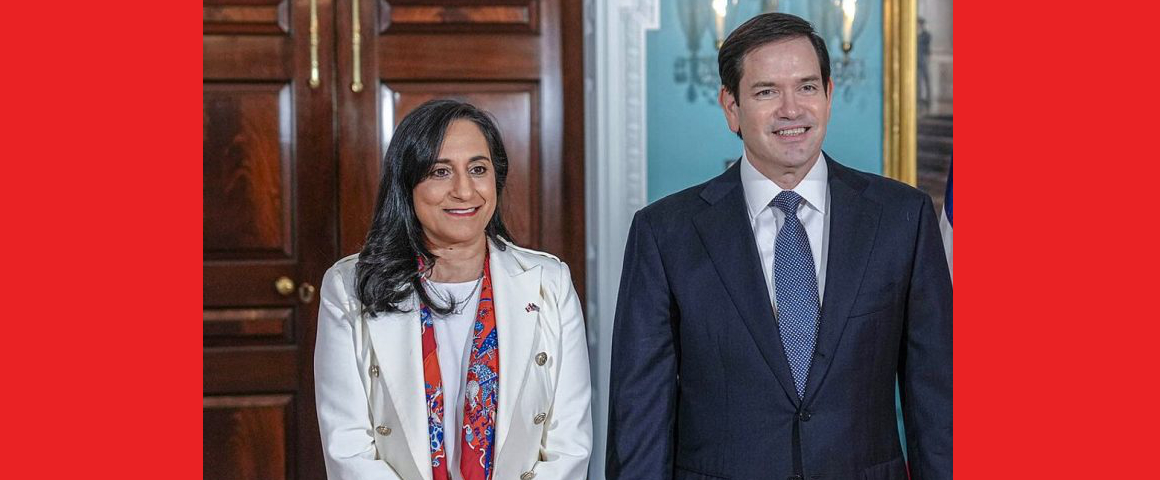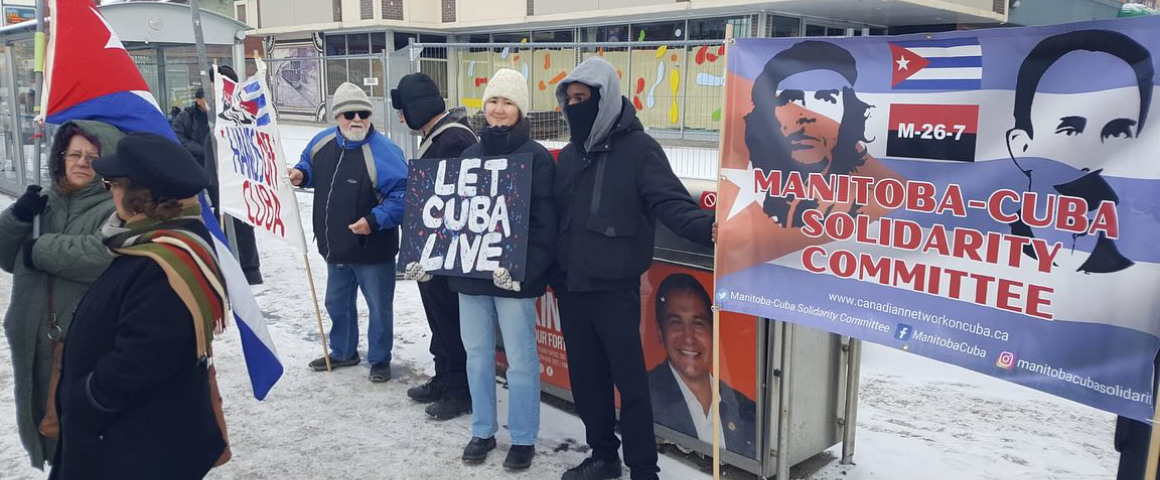The international meeting “Todos Somos Venezuela” that took place in Caracas on September 16-19 still reverberates in the minds of many of us who had the privilege to attend.
The timing of the meeting was well planned to impress on the participants the importance of solidarity actions, particularly before the Oct. 15 elections for governors of the 23 Venezuelan States. The Bolivarian Revolution and Chavismo have a reason to celebrate a great victory with 18 governorships in the hands of the government party in those elections.
However, the greatest winner of the elections of October 15 was socialism and the anti-imperialist spirit dominant in Venezuela. It is precisely that spirit that we witnessed in Caracas. In fact, this was the underlying thread of the meeting. Together with self-determination and sovereignty, Venezuelans, as well as international delegates, expressed openly socialist, anti-capitalist and anti-imperialist sentiments.
Former foreign minister and current president of the National Constituent Assembly, Delcy Rodriguez, said that the US Empire was a serious threat to international security. “We have a right to have the political and economic model we want.” She also stated, “Capitalism is without a doubt a system that creates wars, inequality and poverty. Capitalism cannot give benefits or happiness.”
The renowned academic Sonia Gupta praised Venezuela for the “creation of a new value system and a new model of democracy” to replace the “worn out model” of the capitalist system.
The delegate for the Popular Front for Liberation of Palestine received a standing ovation when he said, referring to the imperialist United States government, “You can assassinate our families, destroy our homes, schools or perhaps all our towns, but you will never undermine our willingness to fight!:
In fact, I heard repeatedly the reference to “Bolivarian socialism”. There was never a formal definition of the term and I will not attempt to define it here. In context, I took that to be a proud affirmation of the revolutionary struggle that Chavismo has embarked on and is committed to continue.
Hugo Chavez referred to it as “socialism of the 21st century”, a renewed vision of classic socialism prevalent in the 20th century, and a projection into a new conception of a society where the people are the recipient of the social gains but at the same time they are the protagonists of the social organization.
Chávez himself said, “El socialismo es la democracia participativa y sobre todo la protagónica” (Socialism is participatory democracy and above all, protagonist [democracy]). This concept that views all Venezuelans as authors and builders of democracy is embedded in the preamble of the 1999 Constitution of Venezuela.
But perhaps Maduro’s statement, addressing a crowd of Venezuelans in front of the Presidential Office of Miraflores, following a large anti-imperialist march, contains the essence of what may still be a process under construction in the Venezuelan context. “Socialism is a patrimony that comes from the original people, from the history of Venezuelan fighters that struggled for freedom and continues rebelling to domination,” Maduro said.
All of us in the crowd cheered those words and his acknowledgement of the upcoming centenary celebration of the October Revolution. He also recognized Vladimir Lenin, leader of first socialist revolution.
Venezuela appears to be intent on building its own brand of socialism – Bolivarian socialism – with its own characteristics based on its past revolutions of independence and heroes, people’s aspirations and needs, defiance to the current colonial empire, and with a good doses of 20th century Marxism.
With that spirit in the air at the Caracas meeting, without doubt we proudly felt “We are all Venezuela”. I felt doubly proud as a Venezuelan and as a socialist.




